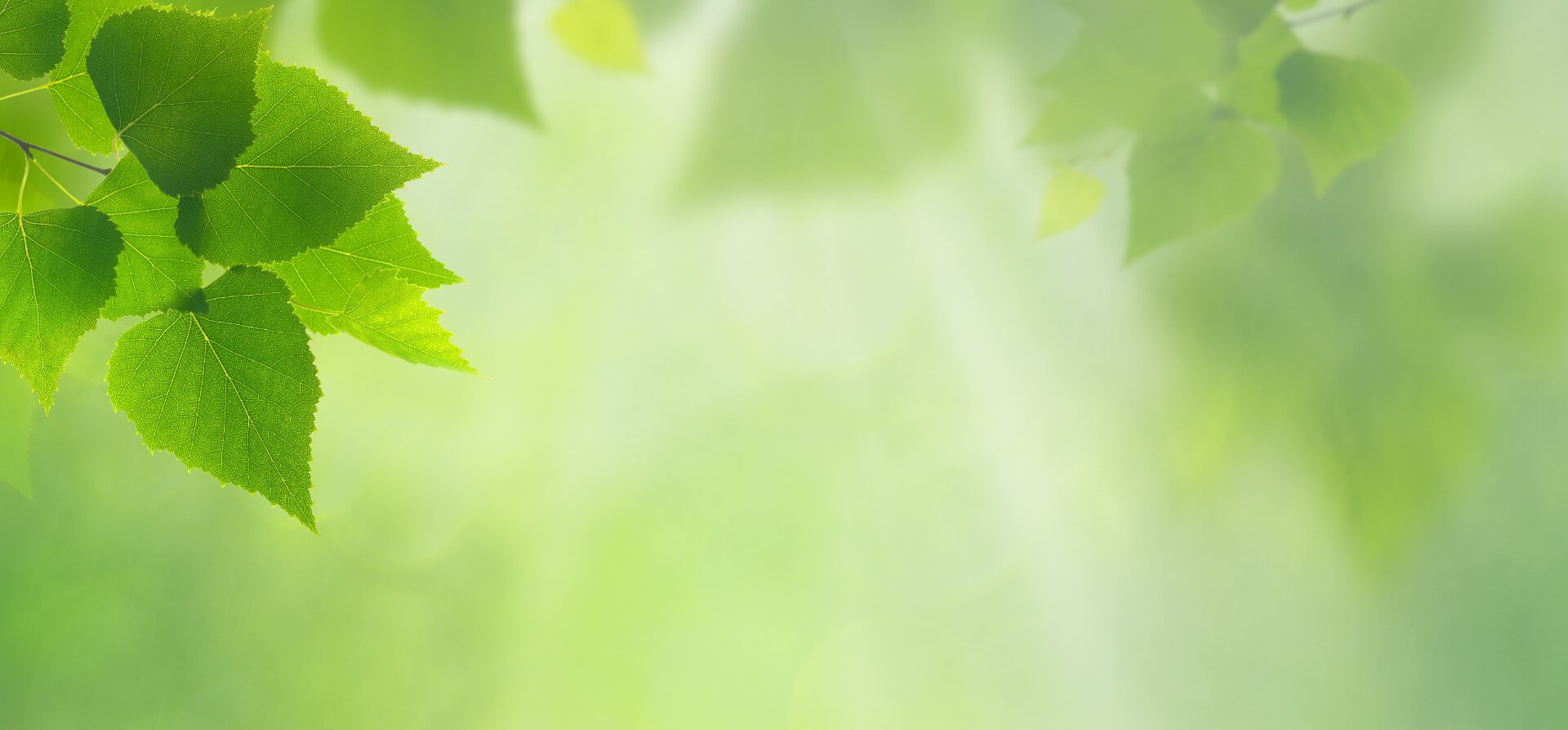
Citizen Action:
Hindering Wildlife In Hilliard
There are many initiatives undertaken in the spring to assist in the thriving of wildlife. Some are very well known nationally, such as No Mow May, which is aimed at helping pollinators by not cutting grass that contains clover, dandelions, and other wildflowers. Others are very successful locally, such as the Ohio Pollinator Habitat Inititiative, which has been joined by 84 municipalities, organizations, and companies, such as the ODOT, Columbus Audubon, Ohio Certified Volunteer Naturalists (OCVN), First Energy, Green Columbus, Cleveland Metro Parks, Cincinnati Nature Center, Columbus Watershed Management, and the Franklin Park Conservatory.
Such programs are necessary, as our farm crops rely on pollinators. Two such families of creatures, bees and bats, are keystone species, meaning that if they become extinct, the ecosystems and food webs they are a part of will collapse completely. Humans are at the top of such food webs. Should those creatures disappear, the prices of food and plastics will skyrocket to unpresidented levels, making most foods unattainable to the vast majority of Americans. Mass starvation and chaos would surely ensue.
Part of these efforts also includes not mowing farm ditches, and roadside ditches and easements from April through May, in deference to the many species of migratory birds that nest and raise young in these areas, as well as other animal species. This is in consideration of the fact that bird populations in the US have decreased by 70% since the early 1970s, due mainly to loss of habitat, lawn and agricultural chemical use, and the aforementioned mowing. These birds are also a big part of the ecosystems and food webs indicateded in the previous paragraph.
In an effort to bring the City of Hilliard in line with this pro-wildlife stance, Don Kloss attended a meeting of the Hilliard Shade Tree Commission on April 4, 2023 to provide them with the facts and information on various initiatives. He also requested that they consider joining such a program, as currently the city mows short and applied chemicals to nearly every piece of city land beginning in the early spring, a detriment to wildlife, especially migratory birds and pollinators. Don advised the commission members that the birds in question are protected by the Canada and US Migratory Bird Treaty of 1916. As such, it is illegal to harm or destroy migratory birds, their nest, eggs, and young.
Don provided comission members with a great deal of written materials on the subject. He also advised that he had been in contact with Emily Hardesty, a contract employee of the Ohio Division of Wildlife who works with municipalities on such initiatives. He further advised that she would be contacting both commission chair Andy Teater, a city council member, and city forester/arborist Andy Beare, who is in charge of all landscaping for the city. The contact information for Ms. Hardesty was also provided.
Since that time, the city has made no changes to its practices. Ms. Hardesty has stated that she has tried to contact both Mr. Teater and Mr. Beare, and neither have returned her calls. Unfortunately, this is a clear case of nonelected, unaccountable public officials who who have no care or consideration for wildlife and the part it plays in our future on the planet. Further updates on this topic will be posted as they come available.